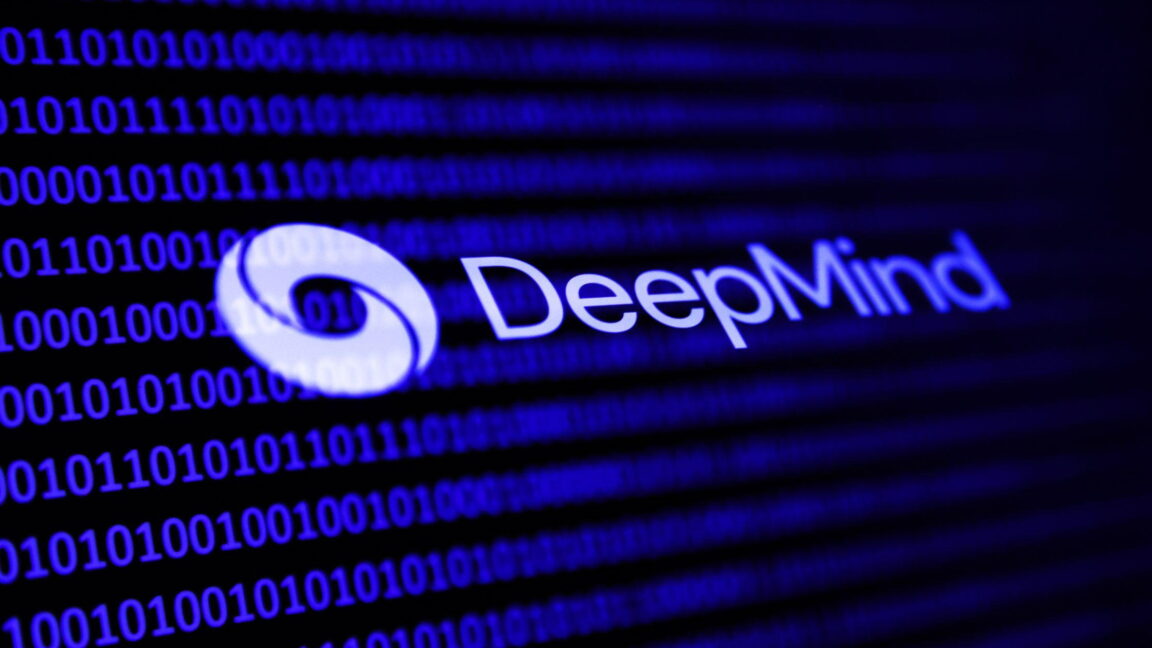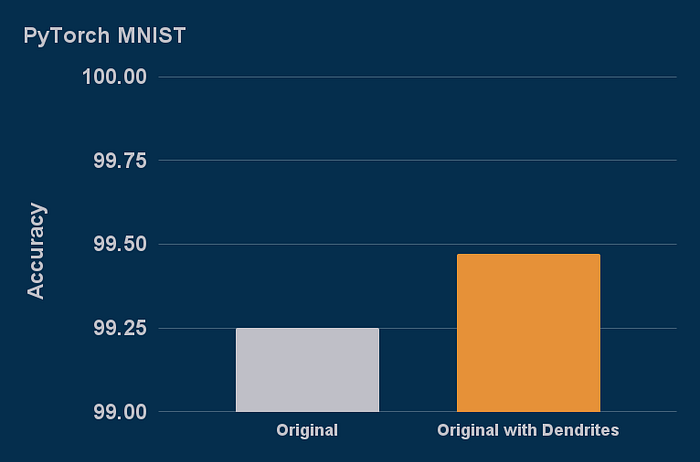Introduction to DeepMind and Google’s AI Research
DeepMind, a leading artificial intelligence research organization, has been making waves in the tech industry with its innovative approaches to AI development. As a subsidiary of Google, DeepMind has been working closely with its parent company to integrate AI into various products and services.
Research and Publication Policies
However, recent changes in DeepMind’s research and publication policies have raised concerns among its employees. The company has started to block certain research papers from being published, including one that revealed vulnerabilities in OpenAI’s ChatGPT. This move has been perceived as a shift towards a more commercial approach, prioritizing the development of AI-infused products over pure research.
Responsible Disclosure Policy
A person close to DeepMind stated that the company does not block papers that discuss security vulnerabilities, but rather follows a "responsible disclosure policy." This policy requires researchers to give companies the chance to fix any flaws before making them public. However, this policy has been called into question by some employees, who feel that it is being used to suppress certain research.
Impact on Employees
The new review processes have contributed to some departures from the company, as success is often measured by publication in top-tier scientific journals. As one former researcher put it, "If you can’t publish, it’s a career killer if you’re a researcher." Some ex-staff have also noted that projects focused on improving Google’s AI-infused products are being prioritized over other research.
Prioritization of Commercial Projects
In recent years, Google has produced a range of AI-powered products that have impressed the markets, including AI-generated summaries and an "Astra" AI agent. The company’s share price has increased significantly over the past year, although gains have been pared back in recent weeks due to concerns over US tariffs. It appears that DeepMind is shifting its focus towards commercializing its breakthroughs, rather than pursuing pure research.
Leadership and Vision
DeepMind’s CEO, Demis Hassabis, has been balancing the desire of Google’s leaders to commercialize its breakthroughs with his own mission of developing artificial general intelligence. According to one current employee, "Anything that gets in the way of that he will remove. He tells people this is a company, not a university campus; if you want to work at a place like that, then leave."
Conclusion
The changes in DeepMind’s research and publication policies have significant implications for the company’s employees and the broader AI research community. As the company continues to prioritize commercialization over pure research, it remains to be seen how this will impact the development of artificial general intelligence.
FAQs
- What is DeepMind’s responsible disclosure policy?
DeepMind’s responsible disclosure policy requires researchers to give companies the chance to fix any flaws before making them public. - Why are some employees leaving DeepMind?
Some employees are leaving DeepMind due to the new review processes, which prioritize commercial projects over pure research and limit publication opportunities. - What is Demis Hassabis’ vision for DeepMind?
Demis Hassabis’ vision for DeepMind is to develop artificial general intelligence, and he is willing to remove anything that gets in the way of achieving this goal.











